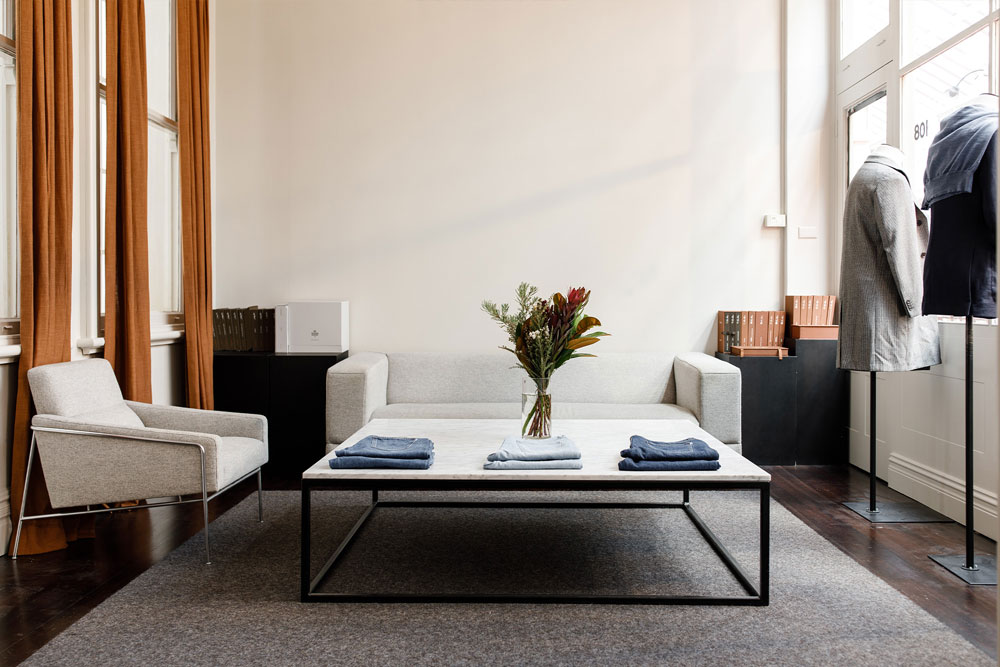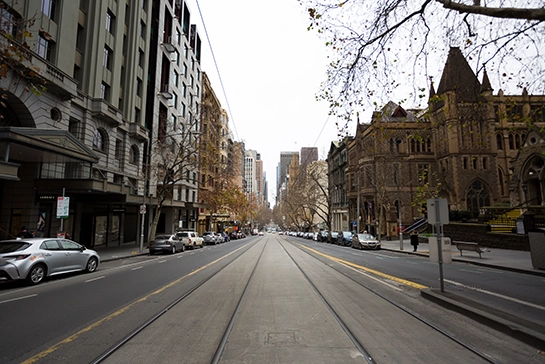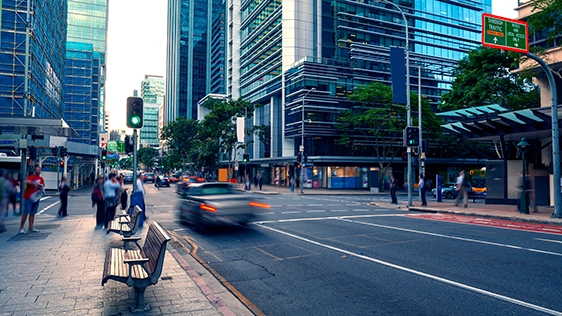The success of a retail business is not solely determined by the products it sells or the customer service it provides; the location plays a monumental role. Selecting the right retail space can differentiate between a thriving business and a struggling one. This comprehensive guide aims to walk business owners through the key factors to consider when selecting a retail space.
Location, Location, Location
The first factor—often considered the most critical—is the location. A retail business should be where its customers are. Factors like foot traffic, proximity to competitors, and accessibility play a significant role. While a high-traffic location may seem ideal, it’s essential to consider the nature of the traffic. Are these people your target customers?
Additionally, consider the presence of competitors nearby. Sometimes, being close to similar businesses can create a shopping hub that attracts more customers, but other times, it might lead to market saturation. Don’t overlook parking and public transport accessibility, as these factors can significantly impact foot traffic to your store.
You’ll typically see longer videos on a business’s website or YouTube. Video and podcast hosting provider, Wistia, uses long-form video to educate its audience about the cost of video production.
Budget and Costs
The financial side of leasing a retail space goes beyond the monthly or yearly rent. Several additional costs come into play, such as utilities, maintenance, and security. Renovations and fit-outs are another factor to consider. Will the space require a new coat of paint, or does it need a complete overhaul to match your business’s aesthetic? Factor in all these costs when determining whether a space fits within your budget. It might be tempting to opt for a cheaper location, but make sure it aligns with your business objectives. Sometimes, investing more upfront can lead to higher returns in the long run.

Lease Terms
Committing to a lease is a significant decision that comes with long-term implications. Therefore, it’s crucial to understand every term and condition in the lease agreement. Look out for clauses that could affect your business in the future, such as rent escalation, options for lease renewal, and conditions under which a lease could be terminated. Always negotiate; rarely are lease terms set in stone. Whether it’s the rent amount or the length of the lease, a little negotiation can go a long way in securing favourable terms.
Physical Features
The physical attributes of a space can significantly impact its suitability for your business. This goes beyond just square footage; consider the layout, natural lighting, and even the condition of fixtures like lighting and air conditioning systems. All of these elements contribute to the customer experience and can influence sales and customer retention.
Make sure when you’re thinking about the duration of your videos that you first research the platforms where you want to share them. The last thing you want to do is invest in a video that doesn’t work where you want to share it.
Legal Considerations
Before signing any agreement, ensure you are fully aware of all legal obligations and restrictions. This includes zoning laws that dictate the types of businesses that can operate in certain areas, as well as any permits or licenses you’ll need to obtain. Failing to consider these can lead to legal complications that could jeopardise your business.
Make sure when you’re thinking about the duration of your videos that you first research the platforms where you want to share them. The last thing you want to do is invest in a video that doesn’t work where you want to share it.
Technology and Infrastructure
In today’s digital age, even a brick-and-mortar store can’t afford to ignore technology. Whether it’s a robust point-of-sale system, high-speed internet for your operations, or advanced security systems, ensure that the space can accommodate your technology needs.
Choosing a suitable retail space is a multi-faceted decision that requires a balanced consideration of several factors. These range from the physical attributes of the space and its location to financial concerns and legal obligations. A well-thought-out decision can set the foundation for business success, while a poor choice can lead to numerous challenges.
Navigating the complexities of finding the perfect retail space can be overwhelming. But you don’t have to do it alone. Platforms like AirCommercial offer a wealth of resources and expert advice to make the process easier and more effective. Discover how AirCommercial can guide you in making the best choice for your retail business. Learn more now!





